Doctrine of the Holy Spirit
| Weight | 1.35 lbs |
|---|---|
| Dimensions | 8.75 × 5.6 × 1.0 in |
| ISBN | 9781848717046 |
| Binding | Cloth-bound, eBook (ePub & Mobi), Cloth-bound & eBook (ePub & Mobi) |
| Topic | The Holy Spirit, Theology |
| Original Pub Date | 1882 |
| Banner Pub Date | Sep 20, 2016 |
| Page Count | 400 |
| Format | Book |
EndorsementsRead More ↓
‘Page after page glows with the ardour of a preacher who is enamoured of his theme … The truth is so real to his own experience that he cares little for unprofitable controversies.’ — C. H. SPURGEON
‘George Smeaton was convinced that the doctrine of the Holy Spirit had been sorely neglected in his generation. He was surely right. Sadly, his indictment is true of Christians in our own times. In this book he offers a great corrective to that neglect and is thoroughly biblical, faithful, and perceptive. My favorite line in this book has always been Smeaton’s last in his first preface: ‘May the Holy Spirit, whose personality and work this treatise is intended to exhibit, condescend to accept and bless it to the glory of a Three-One God.’ This book is a great gift to the church, and belongs in every Christian’s library of classics.’ — ALBERT MOHLER
‘Books on the Holy Spirit from the nineteenth century, of continuing outstanding value and insight, include those by James Buchanan, Abraham Kuiper and George Smeaton. Smeaton was a brilliant scholar and committed to both exegetical and reformed theology. His treatise on the Holy Spirit ranks in the highest levels.’ — DEREK THOMAS
‘George Smeaton was one of the finest theologians ever to grace Scotland. Though his volumes on Christ’s atonement are better known, his book on the Holy Spirit is a golden treasure of biblical truth. The sometimes neglected and often misunderstood Third Person of the Trinity shines with His divine glory in these pages as Smeaton traces the Spirit’s work in Christ for our sake and His work in us for Christ’s sake. May God bless this reprint so that many will know by experience the supernatural power of the Spirit about whom Smeaton wrote.’ — JOEL BEEKE
‘Biblically grounded, theologically brilliant, and historically astute, this work by George Smeaton, The Doctrine of the Holy Spirit, is a skillful treatment of the Third Person of the Trinity. This may be the most important work ever written on this monumental subject. Comprehensive in scope, every believer should master and be mastered by this profound treatment of the person and work of the Spirit.’ — STEVEN J. LAWSON
‘Dr Smeaton was the master of a very clear and unobtrusive style of expression. … He was as modest and unassuming as he was thorough and painstaking. A man can take his word in regard to any theme that he handles as soon as that of any writer on theological subjects.’ — PRINCIPAL JOHN MACLEOD
‘The Banner of Truth Trust publishes such beautifully bound volumes that the pastor’s understandable temptation is to buy them as ornaments for their bookcases. Smeaton and Buchanan, however, are meant for the desk. Open them, devour them, and then shelve them nearby — you’ll soon be reaching for them again.’
— CHAD VAN DIXHOORN
Book Desription
‘Wherever Christianity has become a living power, the doctrine of the Holy Spirit has uniformly been regarded, equally with the atonement and justification by faith, as the article of the standing or falling church…’ — GEORGE SMEATON
The Doctrine of the Holy Spirit formed the capstone of George Smeaton’s teaching.
Handling his subject under three divisions, Smeaton treats first the testimony to the Holy Spirit as it is progressively revealed in Scripture. Secondly, he gives detailed attention to six subjects: the personality and procession of the Holy Spirit; the work of the Spirit in the anointing of Christ; the work of the Spirit in connection with revelation and inspiration; the Spirit’s regenerating work in the individual; on the Spirit of holiness; and the work of the Holy Spirit in the church. Finally, there is a historical survey of the doctrine of the Holy Spirit from the Apostolic age.
Though considered by his colleague, James Macgregor, to possess ‘the best constituted theological intellect in Christendom’, Smeaton’s lucid style and earnest spiritual convictions make him valuable to all Christian readers.
Filled with the Spirit at Pentecost, he writes, ‘the timid became bold, the selfish self-denied, the arrogant humble,’ and he characterizes as ‘mischievous and misleading’ the opinion that the church, having received the Paraclete, is no longer warranted to pray for effusions of transforming power today.
Table of Contents Expand ↓
| Foreword by W J Grier | vii | |
| Author’s Preface | ix | |
| First division | ||
| The Doctrine of the Trinity—Introductory Dissertation, briefly setting forth the Biblical Testimony in the Old and New Testament | 1 | |
| Second division | ||
| 1 | The Personality and Procession of the Holy Spirit | 91 |
| 2 | The Work of the Spirit in the Anointing of Christ | 111 |
| 3 | The Work of the Spirit in the Inspiration of Prophets and Apostles | 133 |
| 4 | The Spirit’s Regenerating Work on the Individual | 161 |
| 5 | On the Spirit of Holiness | 203 |
| 6 | The Work of the Holy Spirit in the Church | 239 |
| Third division | ||
| Historical Survey of the Doctrine of the Holy Spirit from the Apostolic Age | 269 | |
| Index to Texts Elucidated | 383 | |
| Index to Subjects and Writers | 387 |
You may also like…
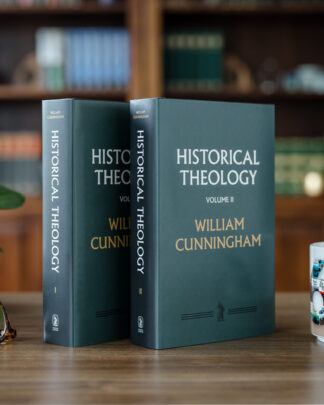
Historical Theology
2 Volume Set
Description
This work, the Doctrine of the Holy Spirit formed the capstone of George Smeaton’s teaching. 400 pp.
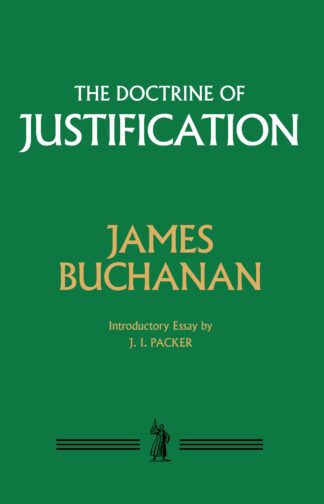
The Doctrine of Justification
An outline of its history in the Church and of its exposition from Scripture
Description
This work, the Doctrine of the Holy Spirit formed the capstone of George Smeaton’s teaching. 400 pp.

The Mysteries of Christianity
Revealed Truths Expounded and Defended
Description
This work, the Doctrine of the Holy Spirit formed the capstone of George Smeaton’s teaching. 400 pp.
Related products

The Cross
The Vindication Of God
Description
This work, the Doctrine of the Holy Spirit formed the capstone of George Smeaton’s teaching. 400 pp.
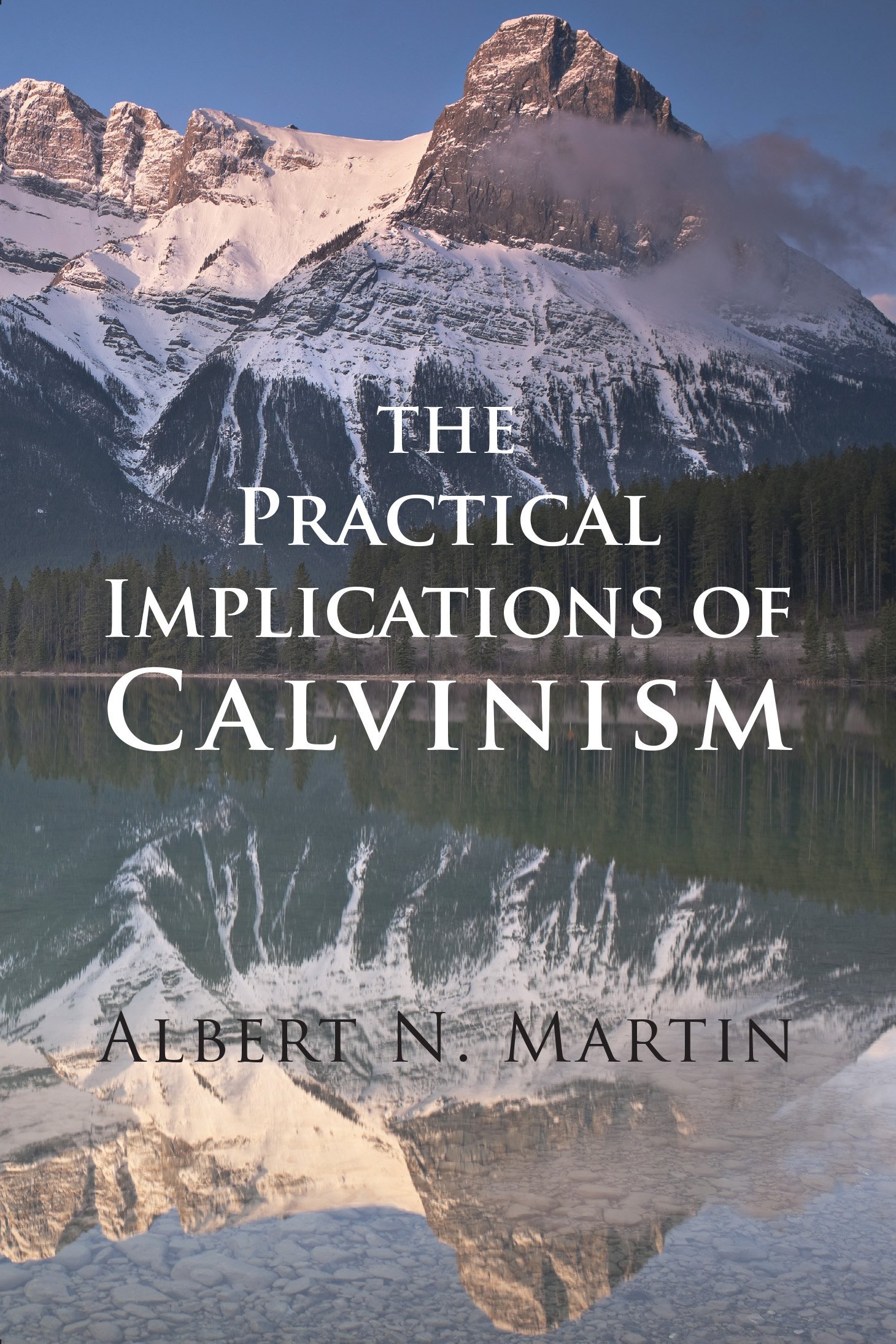
Description
This work, the Doctrine of the Holy Spirit formed the capstone of George Smeaton’s teaching. 400 pp.
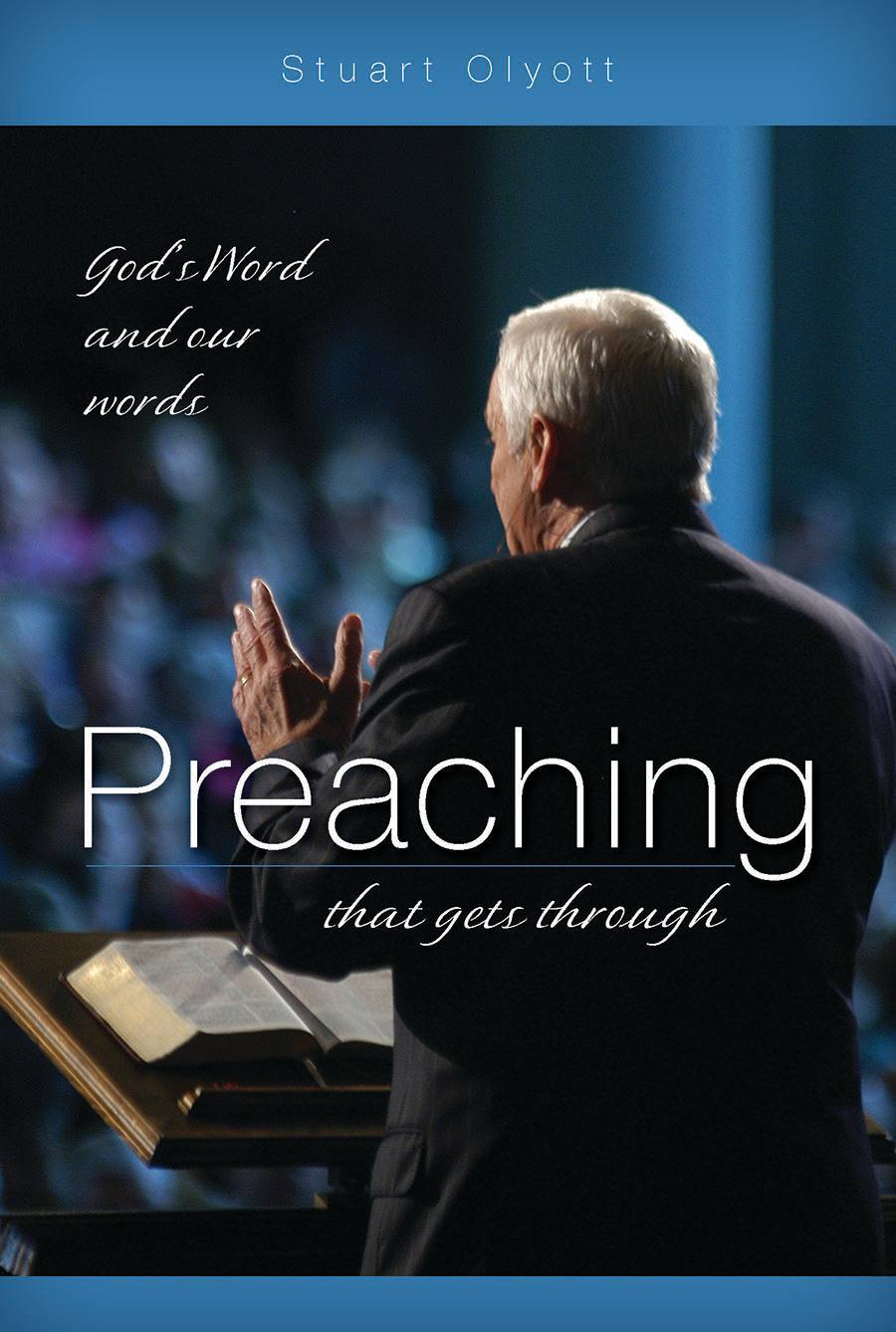
Preaching That Gets Through
God's Word and our words
Description
This work, the Doctrine of the Holy Spirit formed the capstone of George Smeaton’s teaching. 400 pp.


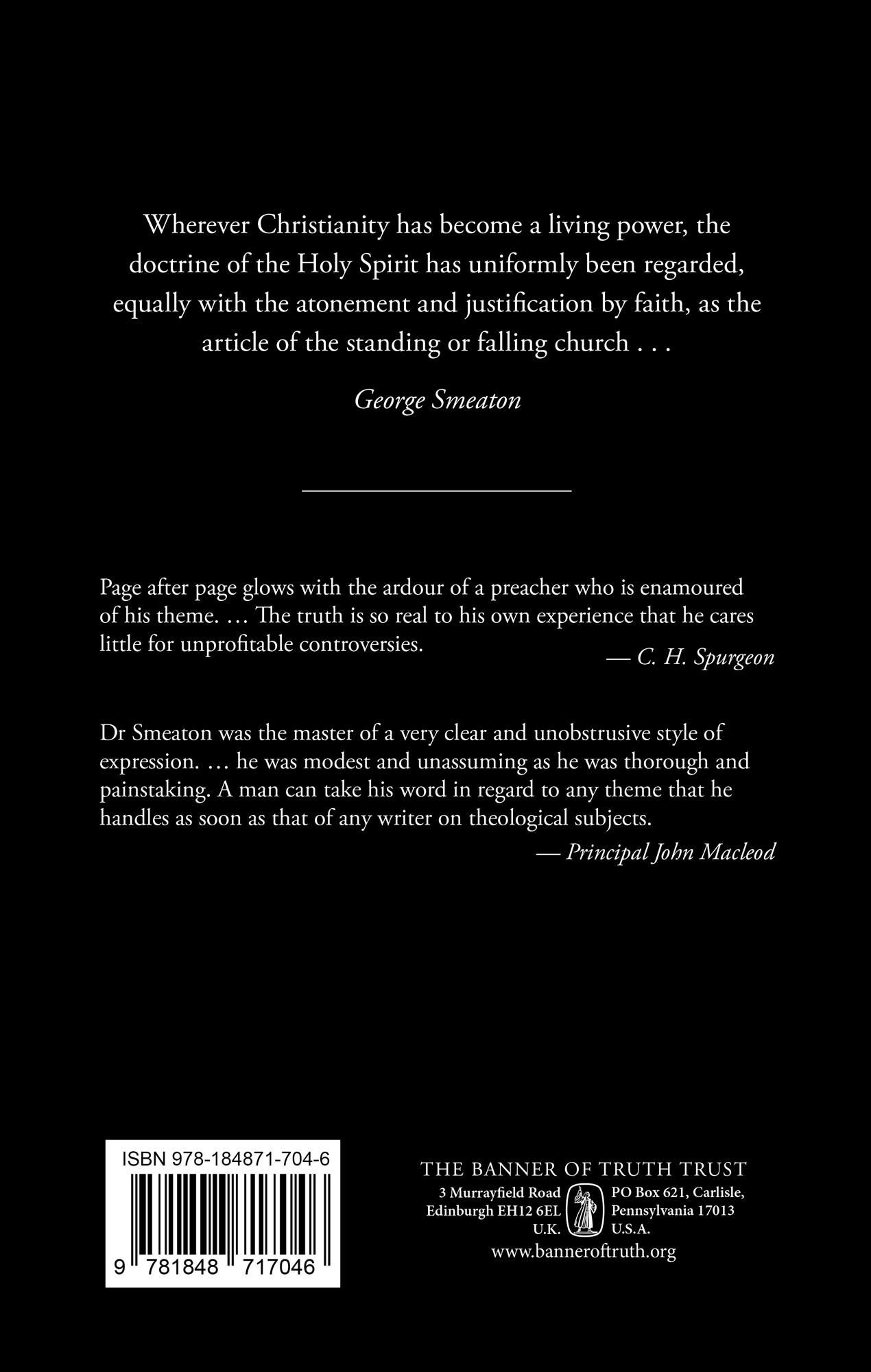

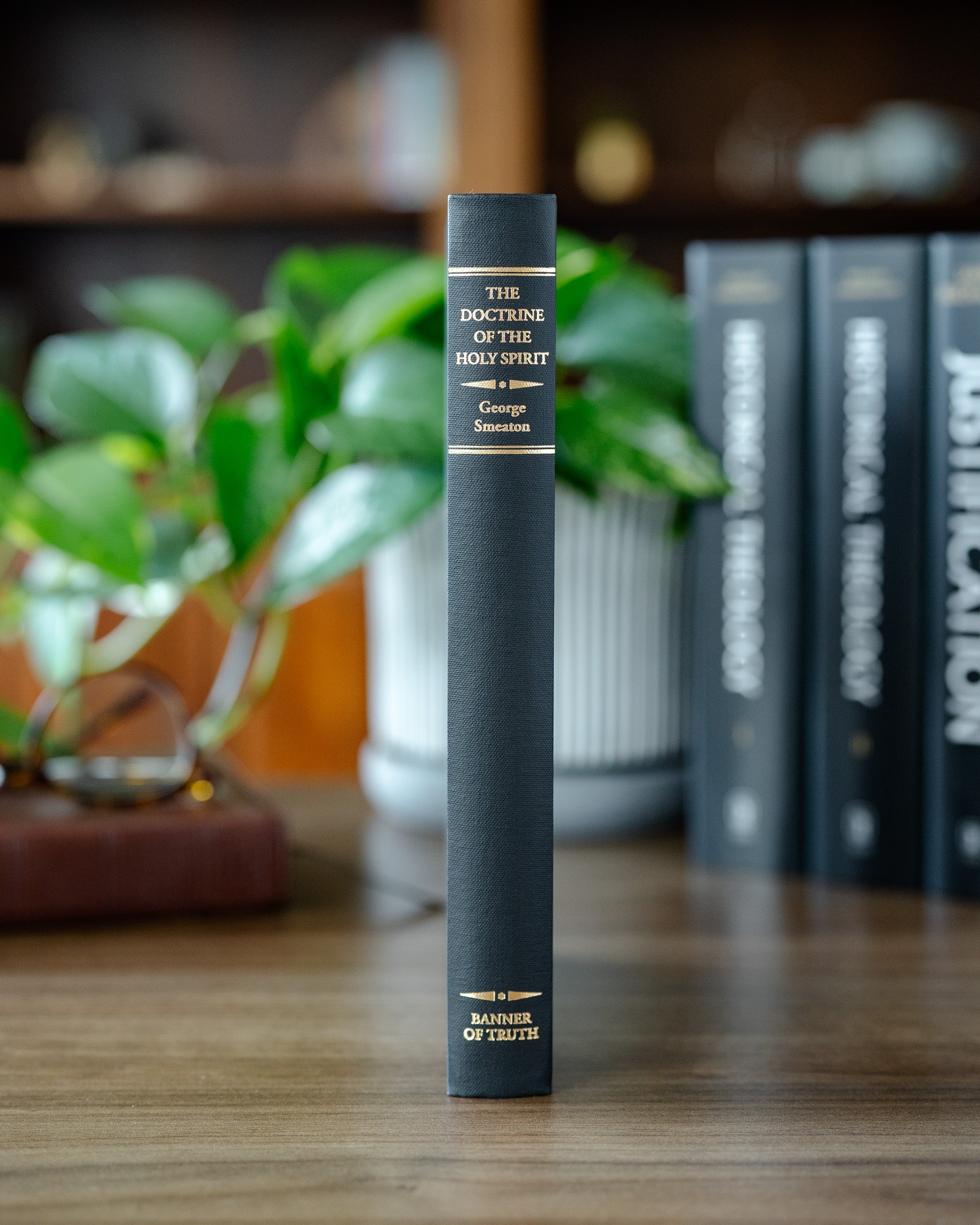


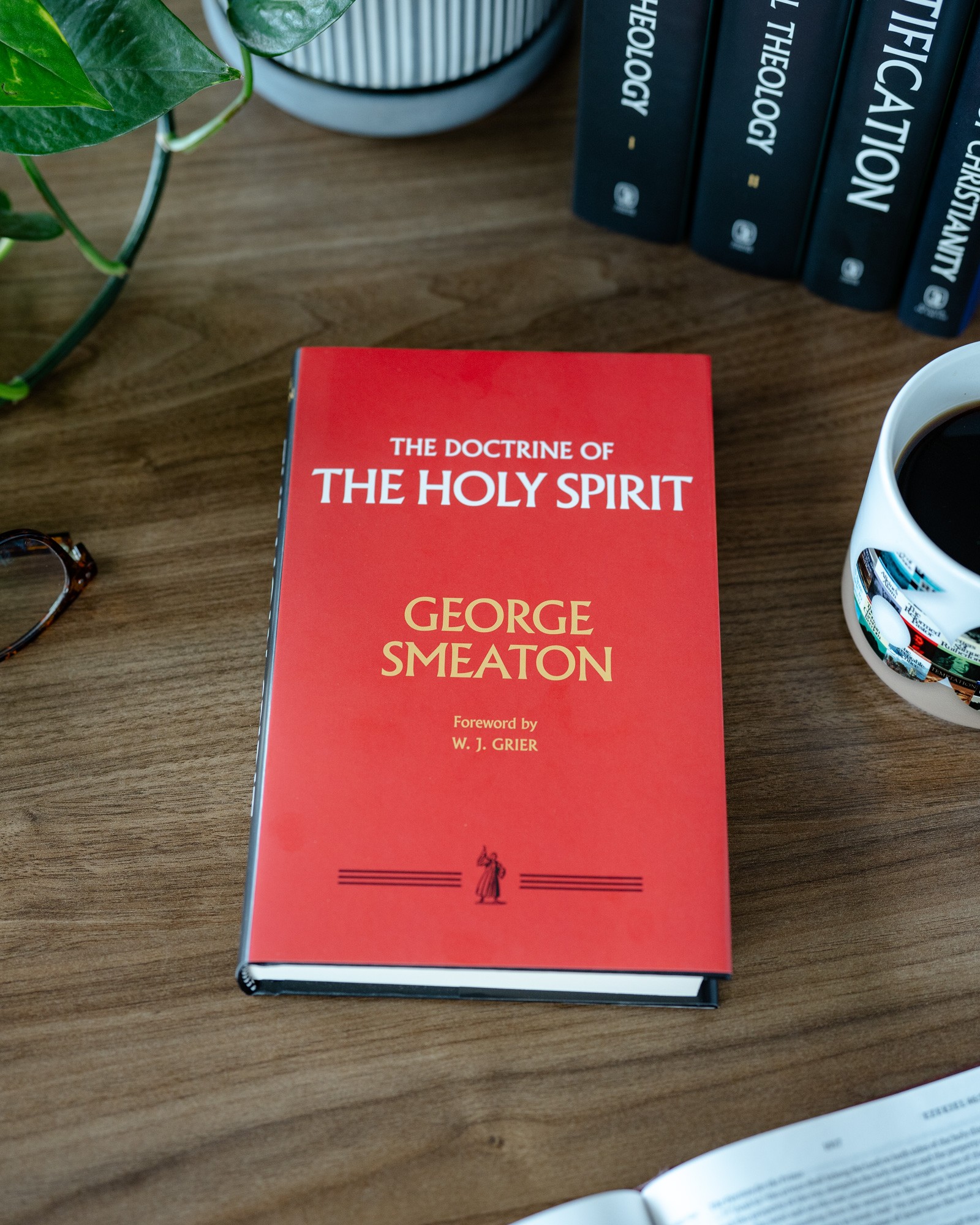
Marc Daniel Rivera (KristiyaKnow) –
George Smeaton’s The Doctrine of the Holy Spirit is a scholarly yet devotional treatment of one of the most often neglected doctrines in Christian theology. First published in 1882 and reissued by Banner of Truth in a beautifully bound and fully re-typeset 2016 edition, this volume is an essential contribution to pneumatology—the doctrine of the Holy Spirit—as it was historically understood and biblically grounded within the Reformed tradition.
Smeaton, a prominent theologian of the Free Church of Scotland and professor of Exegetics at New College, Edinburgh, presents this work as the culmination of a lifetime of theological study. He was highly esteemed by his contemporaries for his theological acumen and reverent approach, and this volume justifies that reputation.
Divided into three parts, the book begins with a thorough exegetical survey of the doctrine of the Holy Spirit in both the Old and New Testaments. Smeaton carefully traces the progressive unfolding of the Spirit’s identity and work from the earliest scriptural revelations to the dramatic outpouring at Pentecost. Far from treating the doctrine as peripheral, Smeaton asserts that “wherever Christianity has become a living power,” the Spirit’s role has been as central as justification by faith.
The second division forms the theological core of the book, where Smeaton explores six key themes with clarity and conviction. He begins with the personality and procession of the Holy Spirit, defending the traditional Trinitarian view against modern depersonalization. He then examines the Spirit’s anointing of Christ, revealing the deep relationship between the Second and Third Persons of the Trinity. The Spirit’s role in inspiration and revelation affirms the divine origin of Scripture, while His regenerating work in believers highlights the transformative power of salvation. Smeaton also addresses the Spirit of holiness, framing sanctification within a Trinitarian context, and concludes with the Spirit’s ongoing work in the church.
Smeaton warns against the “mischievous and misleading” notion that the church should no longer pray for fresh effusions of the Spirit. In doing so, he models a theology that is both intellectually robust and spiritually fervent.
The final division is a historical survey tracing the doctrine from the apostolic age through the patristic, medieval, and Reformation periods. This portion demonstrates Smeaton’s mastery of church history. His overview is particularly useful for readers who want to understand how doctrinal convictions about the Holy Spirit evolved and were defended over time.
The clarity and modesty of Smeaton’s style are worth noting. Though deeply learned, he avoids technical obscurity. His goal is not merely academic argumentation but the edification of the Church.
Final thoughts:
George Smeaton’s The Doctrine of the Holy Spirit is exceptional, and perhaps one of the best works I’ve read on the subject. Smeaton’s treatment is comprehensive yet accessible. If you want to deepen your understanding of the Holy Spirit’s work in redemptive history and personal experience, I highly recommend this volume!